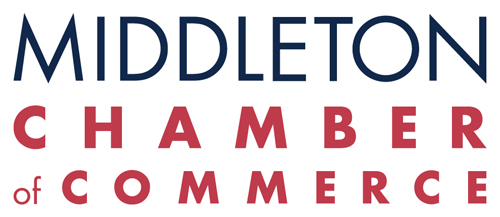Why Your Best Employees Leave
.png)
Fifty years ago, few people expected to find happiness at work. But as the saying goes, times have changed. Underneath all the reasons workers quit, unhappiness tops the list.
But what causes workers to become unhappy at work and what can employers do about it?
Employers hear a lot about compensation and benefits packages, yet research shows that modern workers want more from their employers. In fact, when it comes to greater workplace satisfaction, it’s the emotional side of work that ultimately keeps top talent fulfilled.
Here are three reasons great workers walk away, plus some aligned solutions to help you keep your best and brightest.
3 Reasons Great Employees Walk Away
#1 Feeling Overlooked
Employees are human, and according to best selling author and researcher, Brené Brown, every person needs to feel worthiness and belonging. When workers are performing well and giving their best and still go unnoticed or unacknowledged, they don't feel valued. In turn, this lack of appreciation affects productivity and, worse, fuels resentment.
As Debby Muno, managing director of Genos North America, told Fast Company, employees want to feel connected to their leader, their purpose and to their organization. Workers who feel seen, according to Muno, are “stronger collaborators and communicators, and are more engaged.”
Organizations who focus on recognizing their employees’ daily efforts and big successes foster a positive team culture. Also, taking time to understand how employees want to be recognized means no one gets overlooked. In recent years, assessments like the Five Love Languages have expanded to understanding appreciation in the workplace. Knowing your employees ‘love language’ ensures they get noticed in a way that resonates with them.
#2 A Lack of Purpose and Meaning
Employees who find happiness at work share something in common. They feel like their work matters. Finding this connection may seem challenging at first – after all, your grandparents would probably chuckle at the notion of a shared purpose. But ignoring this aspect of workplace happiness comes with great risk, as some of the qualities that make up your best employees likely include an intrinsic desire to make a difference.
Leadership experts recommend organizations have a shared vision and include workers in the conversation. According to Harvard Business Review’s writers James M. Kouzes and Barry Posner, “The best way to lead people into the future is to connect with them deeply in the present. The only visions that take hold are shared visions—and you will create them only when you listen very, very closely to others, appreciate their hopes, and attend to their needs.”
# 3 Not Enough Choice or Creative Freedom
Everyone wants to feel like they have control over their lives, and this desire includes time spent at work. Unfortunately, many leaders micromanage their employees, which leaves some of the smartest and hardest workers feeling stifled instead of satisfied.
The good news is that talented employees often have great solutions for how to improve productivity, communication and workplace satisfaction. Organizations that value employee input and choose to incorporate their insights will create a workplace where people feel seen and valued at work. In a recent hybrid work study, researchers found that beyond flexibility workers want autonomy. In a present age where a one-size-fits-all approach no longer works, employers who give workers more control and input over their roles and optimal working conditions will win out over organizations who fail to tune in.

